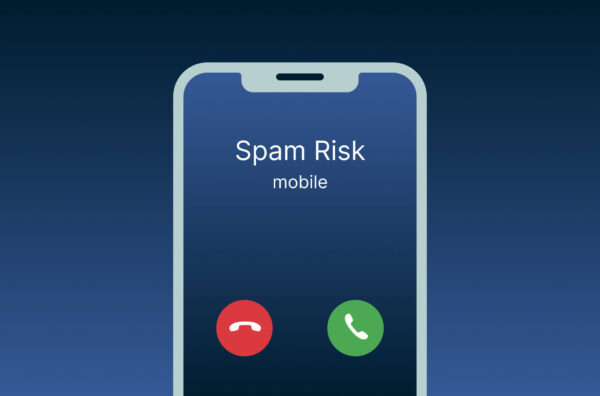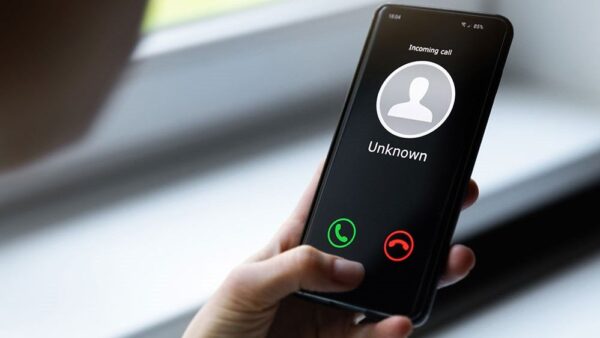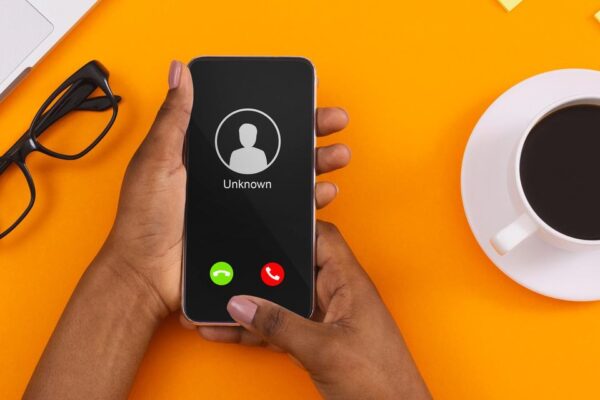
Scam Alert: Beware of Phone Calls from 0120005441, 0120991013, 8008087000, 5031551046, 8009190347, 0120985480 and 120999443 in Japan
Warning: 0120005441, 8008087000, 0120985480, 5031551046, 8009190347, 120999443, 222117258, 120252000, 0120-925-527, 120925318, 120998151, 570005040, 0120988315, 0120991013, 0120988315, 0120989393, 0120633439, 08005003225, 332659022, 120170001, 5088812828, 669104115, 5031599953, 120996085, 120979555, 8002229417, 922615616, 364358073, 8001009127, 5030336342, 120526888, 120917245, 364358073, 0120-252-000, 120868014, 120013175, 671669891, 120397663, 0570 005 040, 0120 247 218, 8007775926, 120426288, 050 3155 1046, 5053704031, 5031213937, 120954484, 0120 999 443, 120952650, 06 6910 4115 and 120961600 in in Japan.
In a world driven by technology, communication has become effortless and instantaneous. However, with this convenience comes the risk of falling victim to scams and fraudulent activities. In Japan, as in many other countries, there has been an increasing number of reports regarding suspicious phone calls from unfamiliar numbers. Scammers have devised cunning techniques to deceive unsuspecting individuals into revealing sensitive information or even transferring money. This article sheds light on the alarming trend of fraudulent phone calls originating from numbers like 0120005441, 0120991013, 8008087000, 5031551046, 8009190347, and 120999443 in Japan. Let’s explore how these scams work, the common tactics used, and most importantly, how you can protect yourself from falling prey to these deceitful practices.
Introduction
Modern technology has revolutionized the way we communicate, bringing convenience and efficiency to our lives. However, it has also given rise to a darker side – scams and fraudulent activities. In recent times, there has been a surge in reports of suspicious phone calls targeting individuals across Japan. These calls often originate from unfamiliar or seemingly legitimate numbers, making it crucial for everyone to be aware of the tactics scammers employ and how to protect themselves.
Understanding Phone Scams
Phone scams involve fraudsters making unsolicited calls with the intent of deceiving individuals into providing sensitive information or transferring money. These scammers are skilled at creating scenarios that evoke fear, urgency, or a sense of obligation, pushing their targets into making hasty decisions.
Notorious Numbers: Unveiling the Culprits
Numbers like 0120005441, 0120991013, 8008087000, 5031551046, 8009190347, and 120999443 have gained notoriety due to their association with fraudulent phone calls. While these numbers might appear to be genuine at first glance, they are often part of elaborate scams designed to exploit unsuspecting victims.
Tactics Employed by Scammers
- Preying on Fear and Panic
Scammers capitalize on fear by creating scenarios that demand immediate action. They might impersonate law enforcement officers or government officials, claiming that the target is in legal trouble or facing imminent consequences.
- Impersonating Authorities or Organizations
One common tactic involves posing as representatives from legitimate organizations, such as banks or government agencies. The scammer might inform the target of a supposed security breach and request personal information for verification.
- Urgent Requests for Personal Information
Scammers often create a sense of urgency, insisting that the target’s personal information is required to prevent dire consequences. This could range from financial losses to legal complications.
The Impact of Phone Scams
Phone scams can have devastating effects on victims. Besides financial losses, individuals might experience emotional distress, anxiety, and a sense of violation. Rebuilding trust and rectifying the damage caused by these scams can be a challenging process.
Protecting Yourself: Tips and Strategies
- Trust Your Instincts
If a call seems suspicious or too good to be true, trust your instincts. Hang up and independently verify the information through official channels.
- Verifying Caller Identity
Request identification from the caller, especially if they claim to be from a reputable organization. Legitimate entities won’t hesitate to provide proper verification.
- Avoid Sharing Sensitive Information
Never share personal or financial information over the phone, especially if the call is unexpected. Scammers can use this information for identity theft and other fraudulent activities.
- Using Call Blocking and Filtering
Utilize call blocking and filtering apps to screen and block potential scam calls. These apps can significantly reduce the number of unwanted calls you receive.
The Role of Government and Telecom Companies
The government and telecom companies play a crucial role in combating phone scams. They are working on implementing measures to identify and block scam numbers, as well as raising awareness among the public.
Raising Awareness: Spreading the Word
Educating friends, family, and vulnerable members of the community about phone scams is essential. The more people are aware of these tactics, the less likely they are to fall victim.
What to Do If You’ve Been Scammed
If you suspect you’ve fallen victim to a phone scam, take immediate action. Contact your bank to secure your accounts, report the incident to local authorities, and educate others about your experience to prevent similar situations.
Conclusion
As technology advances, so do the tactics of scammers. It’s crucial to stay informed and vigilant to protect yourself from falling victim to phone scams. By understanding their tactics, verifying caller identities, and spreading awareness, we can collectively fight against these deceitful practices.
Frequently Asked Questions (FAQs)
- Q: How can I differentiate between a legitimate call and a scam?
A: Trust your instincts. If the call creates fear or urgency, and the caller demands personal information, it’s likely a scam.
- Q: What should I do if I receive a suspicious call?
A: Hang up immediately. Do not provide any information. If necessary, verify the call’s authenticity through official channels.
- Q: Can scammers use my personal information against me?
A: Yes, scammers can use your information for identity theft, financial fraud, and other malicious activities.
- Q: How can I report a suspicious call?
A: Report the call to your local authorities and relevant consumer protection agencies.
- Q: Is there a way to completely avoid scam calls?
A: While it’s challenging to eliminate them entirely, using call blocking apps and staying informed can significantly reduce the frequency of scam calls.



